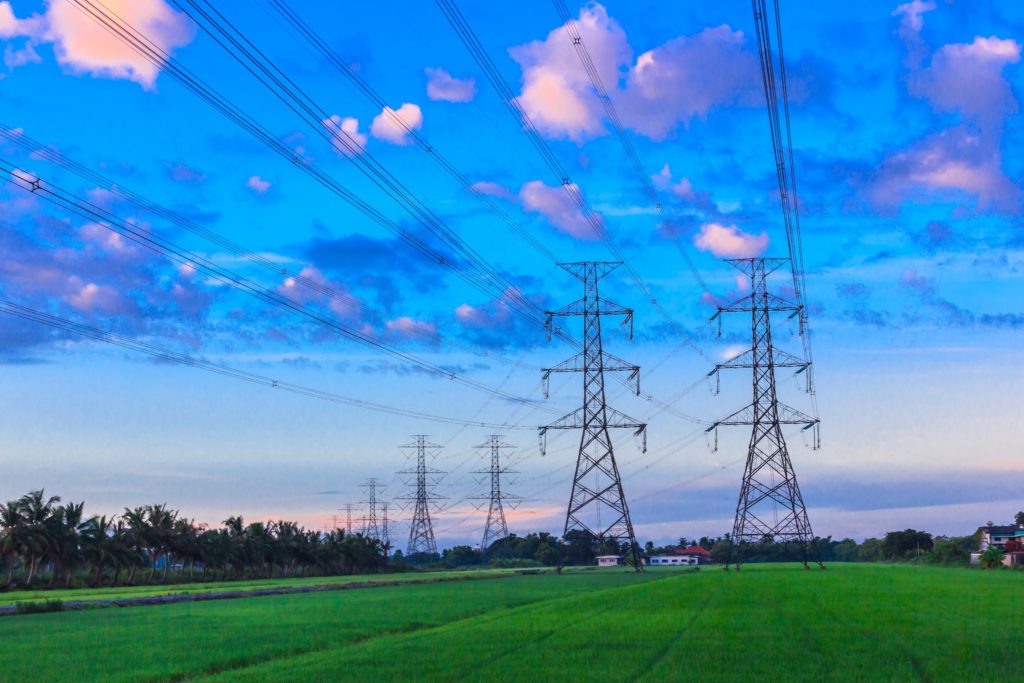A carbon tax won’t happen without some give from the left
Despite growing support from some conservative policy wonks, the idea of taxing carbon dioxide emissions, even as an alternative to the sort of heavy-handed greenhouse regulations promulgated by the Obama administration, has failed to garner much enthusiasm on the right.
The idea remains almost untouchable for Republican politicians, and the notion that there’s any chance that could change in the near future has been dismissed as “wishful thinking” by left-wing outlets like Mother Jones.
While this may be a fair assessment of the political facts as they stand, if progressives actually wanted to avert the various catastrophes that environmentalists say are inevitable without serious policy action—changes in growing seasons, collapse of certain fisheries, rising sea levels and possibly increases in certain types of natural disasters—there are ways they could help sell a carbon tax to the right.
Conservatives will never support a carbon tax so long as they fear it will be used to promote more intrusive government, more spending and more control over individuals’ lives. But if the left convincingly made the case that they are willing to give up new revenue, new regulations and new resource development restrictions to make it happen, conservative support for a carbon tax is within the realm of possibility. But progressives will have to make certain policy concessions to get there.
For those on the right who do support a carbon tax—primarily conservative and libertarian-leaning economists like Gregory Mankiw, Kevin Hassett and Irwin Stelzer—a primary attraction is the opportunity to use carbon tax revenues to cut taxes on productive activity, like labor and investment, and instead substitute a price on externalities that hurt the public. Adele Morris of the Brookings Institution has shown how a very modest carbon tax could easily help the United States bring its highest-in-the-world corporate income tax rates down to around the average for wealthy nations without eliminating the research and development tax credit and other widely supported tax breaks. The centrist environmental think tank Resources for the Future has done excellent work on how it might be used to cut payroll taxes.
The precipitating event that forces consideration of such trade-offs was the Supreme Court’s 2007 decision, more or less requiring the Environmental Protection Agency to restrict carbon dioxide emissions under the Clean Air Act. While there are reasons to question the court’s ruling, it will be nearly impossible to overturn. With bureaucrats set to regulate carbon dioxide, a carbon tax begins to look like an attractive alternative to the morass of costly regulations the Obama administration’s EPA intends to impose. The only other commonly discussed alternative—enacting a carbon-trading scheme, such as the cap-and-trade bill that passed the House in 2009—has proved nearly impossible to implement in any democracy. The European Union’s scheme has already collapsed twice, and a major one in California seems to be degenerating into a slush fund.
A carbon tax, properly constructed, could encourage energy producers to find the lowest-cost ways to reduce carbon dioxide emissions while leveling the playing field for energy sources like nuclear, wind, solar and hydro. A first step might be for the EPA to allow states flexibility to pursue their own carbon taxes in lieu of subjecting themselves to new greenhouse gas regulation. Such an approach could prove a hugely attractive political option for Republican office-seekers, who would be able to promise cuts to state income, property or sales taxes, while giving the boot to EPA busybodies. In private discussions, OMB officials have made positive noises about the possibility of allowing this to happen under the current law, and states including Virginia and Washington have discussed the possibility. Rep. John Delaney, D-Md., has introduced a bill that would make state-level carbon taxes an option.
But all of these possibilities would require those on the left to come to the table by giving up their own dreams of recycling carbon tax proceeds into “green jobs” schemes and other boondoggles beloved of progressives. Some environmentalists are on board with the notion of a revenue-neutral carbon tax (although many insist on difficult-to-administer schemes that would provide a “dividend” to taxpayers), but that cohort shrinks significantly when it’s proposed that the tax replace EPA regulations, much less preempt energy-related regulations like fleet fuel-economy standards for automobiles. To have any chance of political success, a carbon tax would have to do exactly these things.
Finally, to bring conservatives around to the idea, a carbon tax should also be coupled with a general easing of restrictions on energy development, particularly natural gas. As research by the Berkeley Earth Group has shown, new natural gas development has done more than any other single factor to reduce greenhouse gas emissions in the past decade. Allowing ample gas development over the next 50 or so years could do a lot to mitigate whatever energy price changes might come from a new carbon tax.
While a few environmental groups, most prominently the Environmental Defense Fund, have been willing to make common cause with the gas industry in some cases, they remain a minority. Many progressive groups, ranging from Greenpeace to MoveOn.org, oppose any new gas development and all other conventional energy development as well. This includes almost lockstep opposition by environmental groups to the much-debated Keystone XL pipeline, even though energy economists like MIT’s Chris Knittel have shown pretty convincingly that pipeline expansions would reduce overall carbon dioxide emissions.
With equally few exceptions—largely the progressive iconoclasts at the Breakthrough Institute—environmentalists have shown little enthusiasm for nuclear power, even though it’s one of only two viable forms of baseload power generation that emits no carbon dioxide at all. (The other is hydro, which is largely tapped out in the United States but might be developed for U.S. use in the Canadian north.)
Even with all of these inducements, it’s unlikely the conservative grassroots will embrace a carbon tax. No more than 2 percent of voters—nearly all of them on the left—tell Gallup pollsters the environment is their most important issue. Even environmental voters, furthermore, tend to be far more concerned with water and air quality than climate change.
Conservatives won’t make many sacrifices to get their desired climate policies because few voters—and almost no members of the conservative base—care about the issue. But given the right set of concessions from the political left, a carbon tax proposal could be crafted that would get a fair amount of political support.






